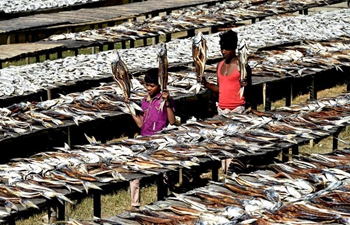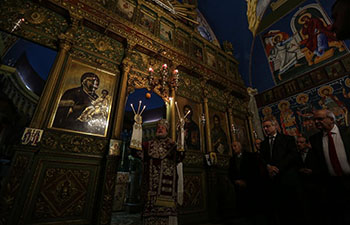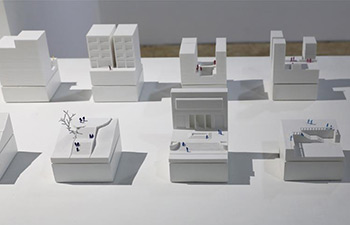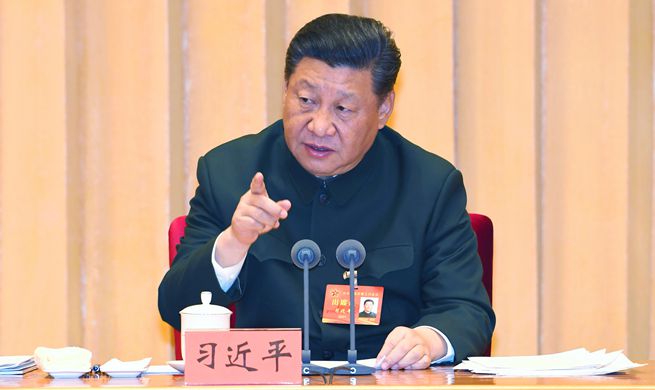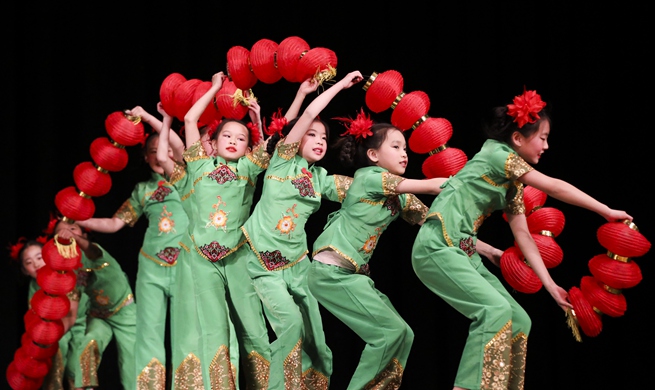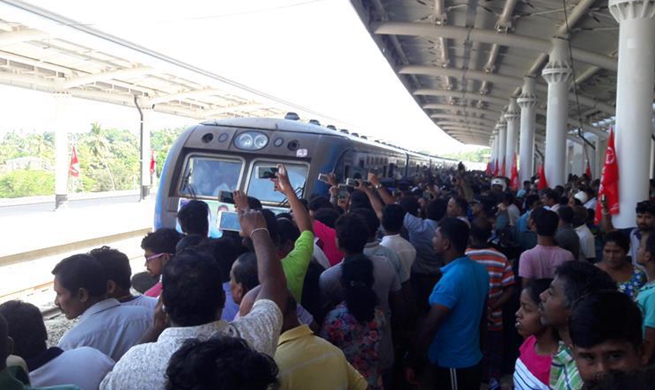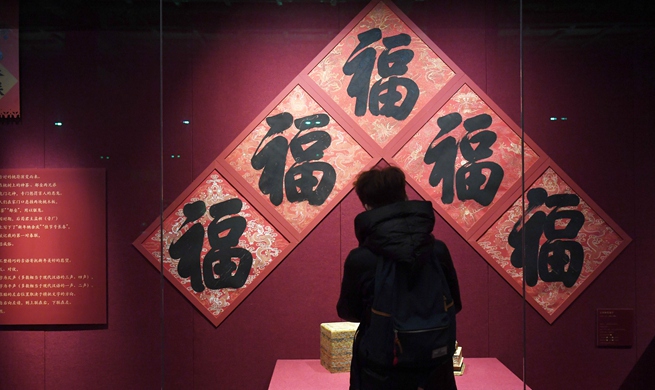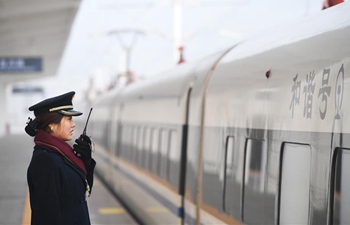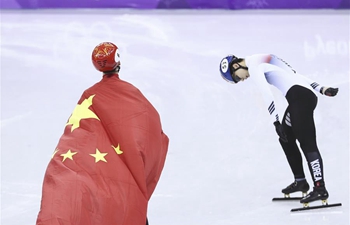by Willey Penuela
CARACAS, Jan. 6 (Xinhua) -- The Lima Group violates one of the basic principles of international law -- non-intervention in the internal affairs of countries, said Venezuelan political observer Vladimir Adrianza Salas.
Adrianza made the remarks after 13 of the 14 Latin American member countries of the Lima Group, except Mexico, signed Friday a declaration in Lima, Peru's capital, urging Venezuelan President Nicolas Maduro not to serve another term starting from Jan. 10 due to his government's alleged violations of democracy.
The Lima Group questioned the validity of the Venezuelan presidential elections in May that saw Maduro win a resounding victory over opposition candidate Henri Falcon.
Adrianza rejected claims that the opposition was not free to take part and the process lacked transparency.
"More than 24 electoral processes have been carried out in Venezuela in the past two decades. These elections were conducted using the same electronic system with an open audit," he said.
"Maduro was elected by more than 67 percent of the voters. It is worth noting that 100 percent of the results were audited by all participating political parties, without inconsistencies that would cast doubt on the result obtained," Adrianza said.
The declaration by the Lima Group is part of a larger strategy by the U.S. State Department to topple the Venezuelan government by "promoting civil war in Venezuela," he said.
Another key demand of the Lima Group is that Maduro should recognize the power of the National Assembly, an institution declared to be in contempt of court by the Venezuelan Supreme Court of Justice (TSJ).
The National Assembly has been in contempt since it convened in 2016, swearing in deputies whose elections were contested due to fraud charges, in violation of a ruling by the highest court in Venezuela.
According to the Venezuelan Constitution and laws, the assembly "has no validity," Adrianza said.
The opposition-controlled assembly, he said, "is the battering ram that seeks to legitimize international interests that support the Venezuelan opposition to produce a change of government in Venezuela."
The National Constituent Assembly (ANC), Venezuela's top legislative body, has been filling the vacuum that the National Assembly left in legislative matters.
While there is a real risk of military conflict in Venezuela since there are "many interests at stake," said Adrianza, international solidarity is beginning to manifest itself "on the part of Latin American peoples and the entire world."
However, international solidarity, along with the participation of ordinary people and intellectuals, can defend the sovereignty and self-determination of Venezuela, Adrianza said.




